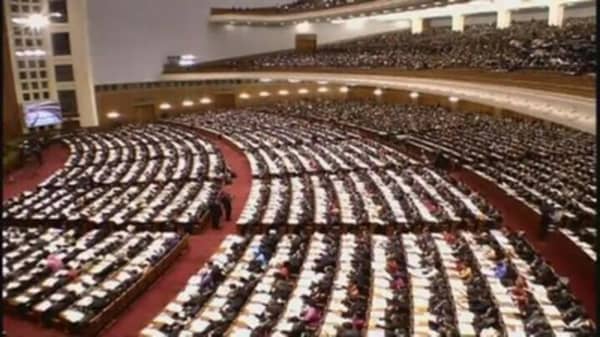A report that increasing air pollution in China is cutting short the life span of people living in the north of the country is yet another piece of bad news from the world's second largest economy, which is struggling with decade-slow growth.
The worsening pollution in China could now force the government to further sacrifice growth in its effort to tackle the problem, but experts say that in the long-term, a transition to a more environmentally friendly economy will boost growth.
"A move to more efficient and less polluting energy sources and infrastructure will boost investment, if the government indeed decides to do so," said Alaistair Chan, economist at Moody's Analytics.
(Read More: China Bowing to Public Outcry Over Environment: Advocate)
"Higher life expectancies would also clearly boost economic growth and reduce the costs to the government in terms of health care," he added.
According to a study published this week in the U.S. journal 'Proceedings of the National Academy of Sciences' the average person who was alive in the 1990s and living in Northern China will live an average of five-and-a-half years less than his counterpart in southern China, Reuters reported.






